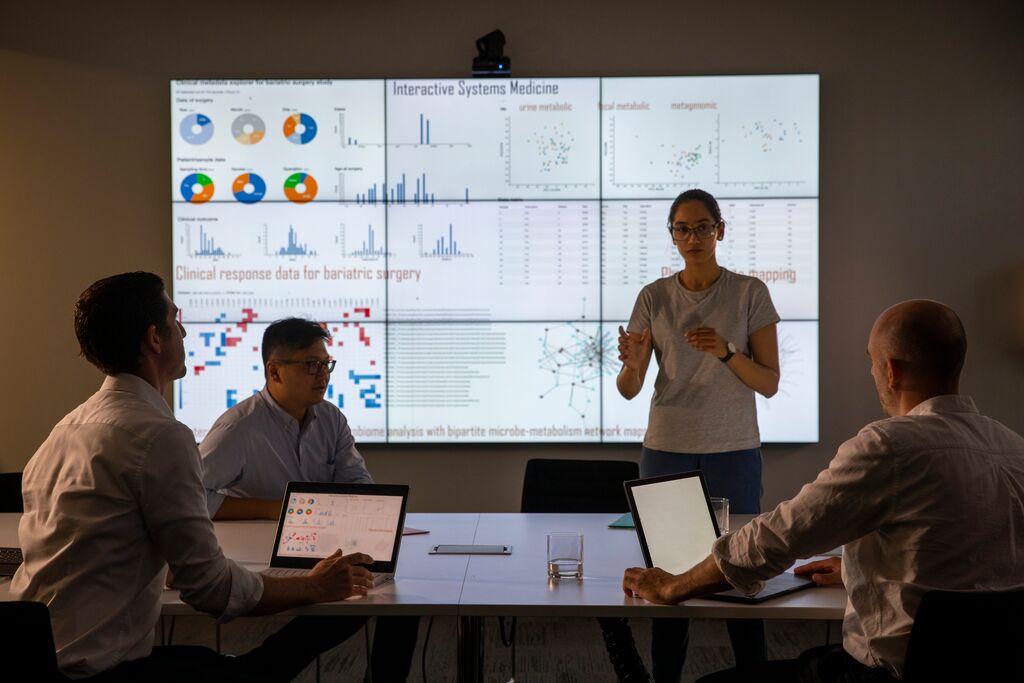-
Americas
-
Asia & Oceania
-
A-I
J-Z

EMEA Thought Leadership
Developing IQVIA’s positions on key trends in the pharma and life sciences industries, with a focus on EMEA.
Learn more -
Middle East & Africa

EMEA Thought Leadership
Developing IQVIA’s positions on key trends in the pharma and life sciences industries, with a focus on EMEA.
Learn more
- IQVIA.COM
- Asia Pacific
Regions
-
Americas
-
Asia & Oceania
-
Europe
-
Middle East & Africa
-
Americas
-
Asia & Oceania
-
Europe
Europe
- Adriatic
- Belgium
- Bulgaria
- Czech Republic
- Deutschland
- España
- France
- Greece
- Hungary
- Ireland
- Israel
- Italia

EMEA Thought Leadership
Developing IQVIA’s positions on key trends in the pharma and life sciences industries, with a focus on EMEA.
Learn more -
Middle East & Africa

EMEA Thought Leadership
Developing IQVIA’s positions on key trends in the pharma and life sciences industries, with a focus on EMEA.
Learn more
Segments
-
Pharmaceutical
-
Consumer Health
-
MedTech
-
Public Health & Government
-
Payer & Provider

Pharmaceutical (Global page)
Bringing data science and human science together to advance human health and support the pharmaceutical industry from clinical trials to commercialization.
Learn More
Consumer Health
Connecting with powerful, evidence-based market insights to drive agile thinking, uncover growth potential, and gain competitive advantage in this fast-moving consumer health market.
LEARN MORE
MedTech
Empowering to orchestrate operations across the entire product lifecycle, from concept-to-market, providing quality control, regulatory, safety and compliance solutions along the way.
Learn more
Public Health & Government
Working across the health system to address key barriers to deliver high-quality, cost-effective care while improving health outcomes using our data-driven and population-centric solutions.
LEARN MORE
Payer & Provider
Delivering a wide range of consulting and technology solutions to support healthcare stakeholders to drive operational efficiency, enhance quality of patient care, and improve systemic outcomes.
learn moreHealthcare Provider Solutions
Solutions
-
Research & Development
-
Real World Evidence
-
Information Insights
-
Market Research
-
Strategy Consulting
-
Contract Sales & Medical Solutions
-
Patient Solutions
-
AI, Digital & Technology Solutions

Research & Development (Global page)
Clinical development enabled by Connected Intelligence™ which combines data and analytics with deep therapeutic and operational expertise to improve efficiency, enhance precision, and bring therapies to patients faster.
Learn More
Real World Evidence
Harness the power of real-world data and insights to demonstrate value-driven evidence and outcomes to meet stakeholder needs across the healthcare ecosystem and to propel healthcare forward.
LEARN MORE
Information Insights
Pharmaceutical market data and information assets that provide actionable data points to help organizations make intelligent connections and drive healthcare forward.
LEARN MORE
Market Research
Primary Intelligence integrates purpose-built and syndicated research solutions with our wide range of data assets, research methodologies, advanced analytics, and deep domain expertise, generating quality insights for our clients.
LEARN MORE
Strategy Consulting
Trusted advisor and partner to global healthcare organisations, solving the most significant business challenges through extensive healthcare expertise.
LEARN MORERelated Solutions

Contract Sales & Medical Solutions (Global page)
Optimize commercial success by leveraging our comprehensive outsourced expertise to accelerate time-to-market.
LEARN MORE
Patient Solutions (Global page)
A single window solution provider to support pharmaco’s design, deploy technology and services that help increase access to medicine and improve treatment adherence.
LEARN MORE
AI, Digital & Technology Solutions
Connected Intelligence™, digital insights, data analytics and advanced technology to power smarter decision-making to enable better patient outcomes and improved business results.
LEARN MOREOur Latest Whitepapers
Get the latest insights on our life sciences, healthcare, and medical technology solutions in Asia Pacific.
Learn MoreBlogs, Case Studies & Podcasts
Explore our library of insights, thought leadership, and the latest topics & trends in healthcare.
Discover Insights
IQVIA APAC Insight
"A curation of IQVIA's best thinking on topics and trends driving change, disruption, and progress in the Asia Pacific healthcare market.
Read The Latest Issue
Featured Event
"Unlocking the Future of Consumer Health: A Special Focus on Senior Consumers
Learn MoreCareer Opportunities
Improving human health needs innovative thinkers. Unleash your potential with us.
Search JobsIndustry Analyst Reports
Discover how industry experts recognize IQVIA's impact across the Asia Pacific region.
LEARN MORE- Locations
- Asia Pacific
- Economic Burden of Respiratory Syncytial Virus (RSV) Infection Among Older Adults in Select Asia-Pacific Economic Cooperation (APEC) Countries
Get instant access
Respiratory Syncytial Virus (RSV) is a highly contagious respiratory pathogen causing severe lower respiratory tract diseases, particularly in older adults (age ≥60 years). Annually, RSV accounts for around 5.2 million cases and 33,000 in-hospital deaths among older adults in high-income countries. Factors like immune decline, lung aging, and comorbidities increase susceptibility.
The economic impact of RSV on healthcare systems in high-income Asia-Pacific Economic Cooperation (APEC) countries (China, Japan, South Korea, Canada, Singapore, New Zealand, Australia, Hong Kong, Taiwan) is significant but challenging to quantify due to insufficient epidemiological and healthcare resource data for older adults. Routine RSV testing is uncommon due to non-specific symptoms overlapping with other infections. Diagnosis often relies on local epidemiology rather than lab tests, leading to inconsistent testing methods.
Our study estimated the clinical and economic burden of RSV among older adults in high-income APEC countries. A literature review identified evidence on the incidence and costs associated with RSV hospitalizations. In 2023, RSV caused approximately 778,000 hospitalizations and USD 2.8 billion in costs. The highest estimated burden was seen in China, followed by Japan and Canada. On average, 1 in 500 older adults were hospitalized annually, with hospitalization costs ranging from USD 2,735 in New Zealand to USD 12,826 in Canada.
Therefore, there is a need for an urgent strategic mitigation plan to address the growing burden of RSV infection. Our study's data will guide future prevention programs and be crucial for regulatory decision-making and healthcare planning. These measures will help ease the RSV burden on healthcare systems and economies. Read the full white paper for more insights.






